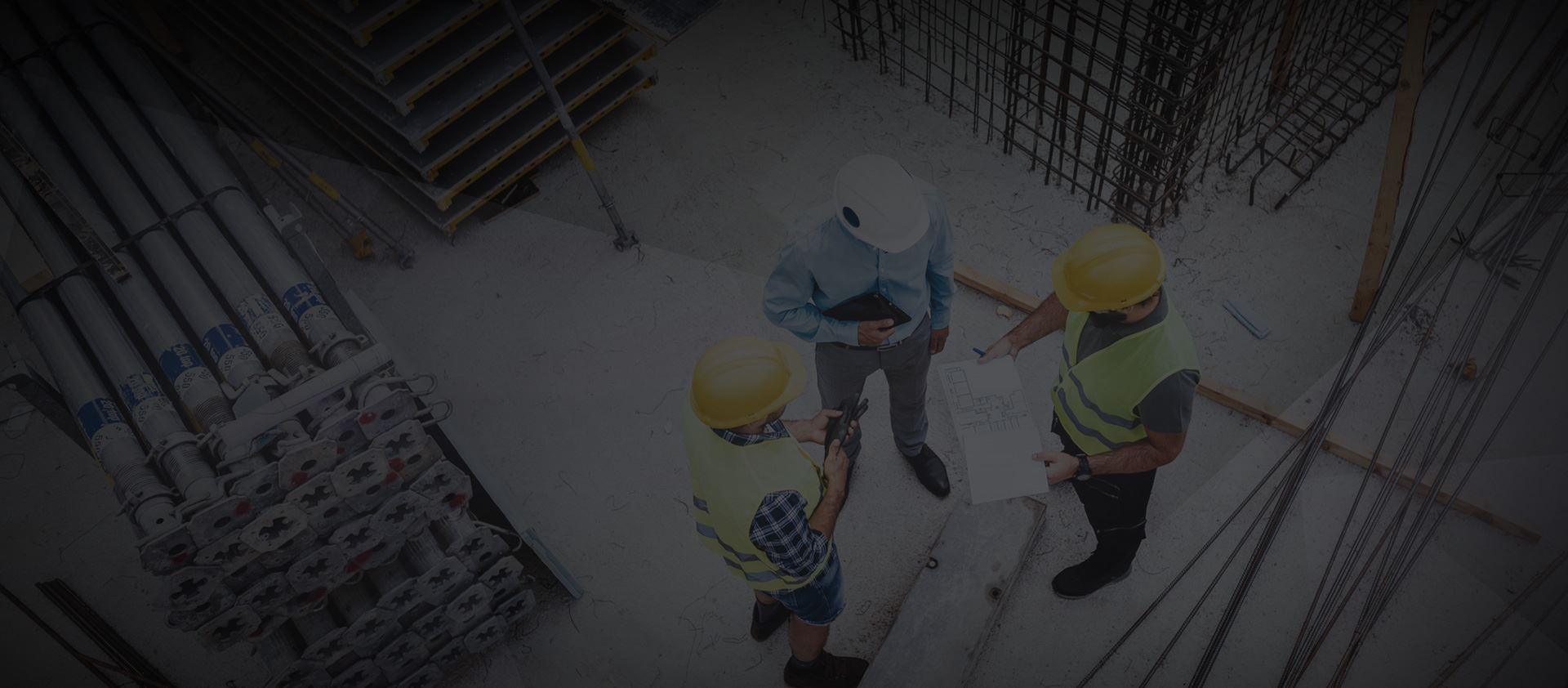
Construction Accident Lawyers in Anoka
Were You Injured on the Job?
On-the-job injuries can happen in an instant and change your life forever. Contractors and employers take every precaution against injury, but construction sites present some of the most dangerous work conditions of any industry. Heavy equipment and construction materials, working in unprotected areas high off the ground, unguarded fall points, and other less-than-ideal conditions often result in workplace injuries or fatalities. What do workers do when construction accidents cause long-term consequences?
Common Types of Construction Accidents
A construction accident is any incident that occurs on a construction site resulting in injury, damage, or loss of life. These accidents can happen due to various factors, including human error, equipment malfunction, or unsafe working conditions.
Here are some common types of construction accidents:
- Falls: Falls are one of the leading causes of construction site injuries. They can occur from heights such as scaffolding, ladders, roofs, or unguarded edges.
- Struck by Objects: This type of accident involves workers being hit by falling objects such as tools, building materials, or equipment. It can result from improper storage, lack of protective barriers, or negligence.
- Electrocution: Construction sites often involve working near electrical systems, which can lead to electrocution accidents if safety precautions are not followed. Contact with live wires or faulty equipment can cause severe injuries or fatalities.
- Caught in/Between: Workers can get caught in or between heavy machinery, equipment, or structures. This can happen during excavation, trenching, or when working with rotating or moving machinery.
- Collapse: Structural collapses, such as building or scaffold collapses, can occur due to design flaws, poor construction materials, or inadequate support. These accidents can cause serious injuries or fatalities to workers and bystanders.
- Machinery Accidents: Operating heavy machinery and equipment on construction sites poses risks of accidents, including rollovers, entanglement, or crush injuries. Improper training, maintenance, or malfunctioning equipment can contribute to these incidents.
- Chemical Exposure: Construction sites often involve the use of hazardous chemicals, including paints, solvents, and cleaning agents. Accidental exposure to these substances can result in chemical burns, respiratory issues, or other health complications.
- Fire and Explosions: Construction sites are susceptible to fire and explosion hazards, especially when working with flammable materials, welding, or cutting. Ignition sources, fuel sources, and inadequate fire prevention measures can lead to catastrophic accidents.
How Workers' Compensation Works
In Minnesota, workers’ compensation is a no-fault system that provides mandatory coverage to employees for work-related injuries. Being no-fault means the employee does not need to prove an employer’s negligence to establish liability. The insurance is paid for by employers in exchange for the relinquishment of the employees’ right to sue the employer for negligence.
Work-related injuries can be any complication or complaint that is caused, worsened, or enhanced by job activities. These may include traumatic injuries, routine type injuries, job-related diseases, and authorized mental injuries, like post-traumatic stress disorder (PTSD). The employee only needs to show that the job activities were a considerably important factor in the disability or need for medical care.
Benefits Provided by Workers' Compensation
There are three basic types of benefits provided by workers’ compensation.
These are:
- Lost wages: Claims for lost wages are not paid until you are off work because of the disability for three calendar days. If, however, you miss 10 calendar days, you are paid for the entire time you missed work. Calculating weekly wage and compensation is decided according to guides produced by the regulatory agency in charge.
- Medical costs: Employers are responsible for providing an injured worker with reasonable and necessary medical care or the supplies they need to cure or relieve the effects of a work-related injury. This includes the repair or replacement of a prosthesis, glasses, dentures, hearing aids, etc., and includes costs associated with obtaining medical care, among other things.
- Vocational rehabilitation: The injured worker is entitled to be restored to employment similar in status and compensation to the previous job, if possible.
While workers’ compensation insurance should cover medical bills and a portion of lost wages, these benefits are limited and do not cover all losses. It is important to find a good construction accident attorney to investigate potential claims against other parties. Also, sometimes workers’ compensation insurers deny legitimate benefits claims or will not pay medical bills that are related to the injury.
Often, the injury occurs at the fault of another contractor. A claim against the at-fault party differs from a workers’ compensation claim and should be handled by an experienced attorney. The attorneys of Bolt Law Firm have years of experience with successfully handling construction accident claims, against both small and large construction contractors. They have the resources and the knowledge to help you with even the most serious on-the-job injury.
Contact us today if you have been injured in a construction accident.